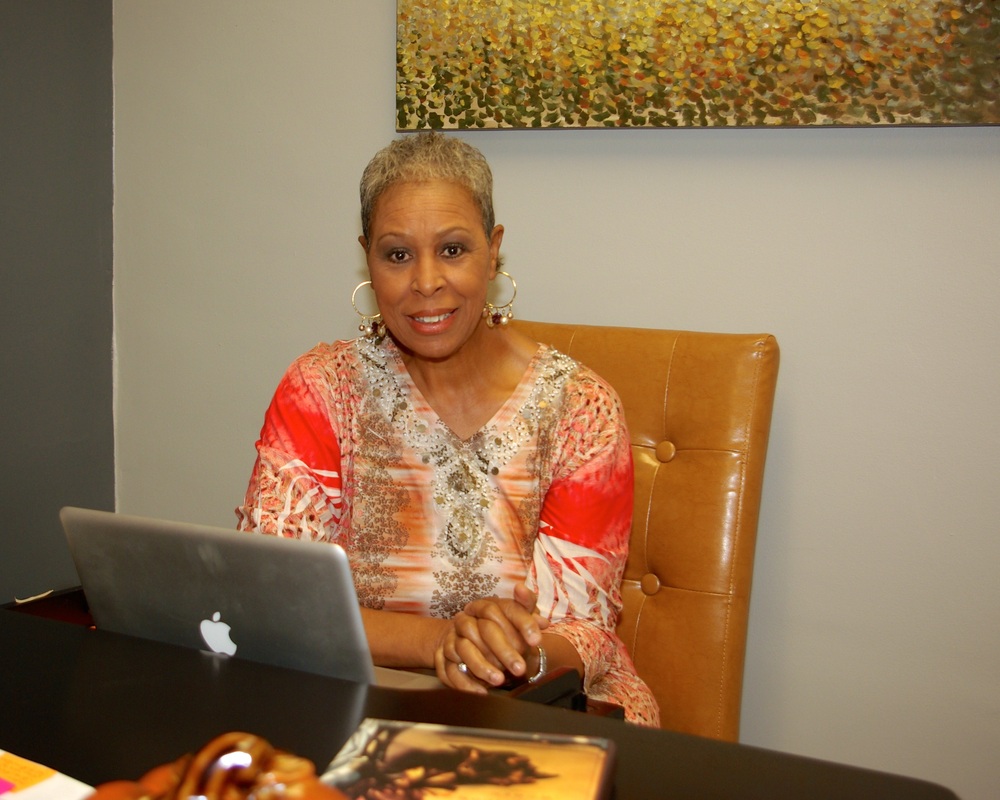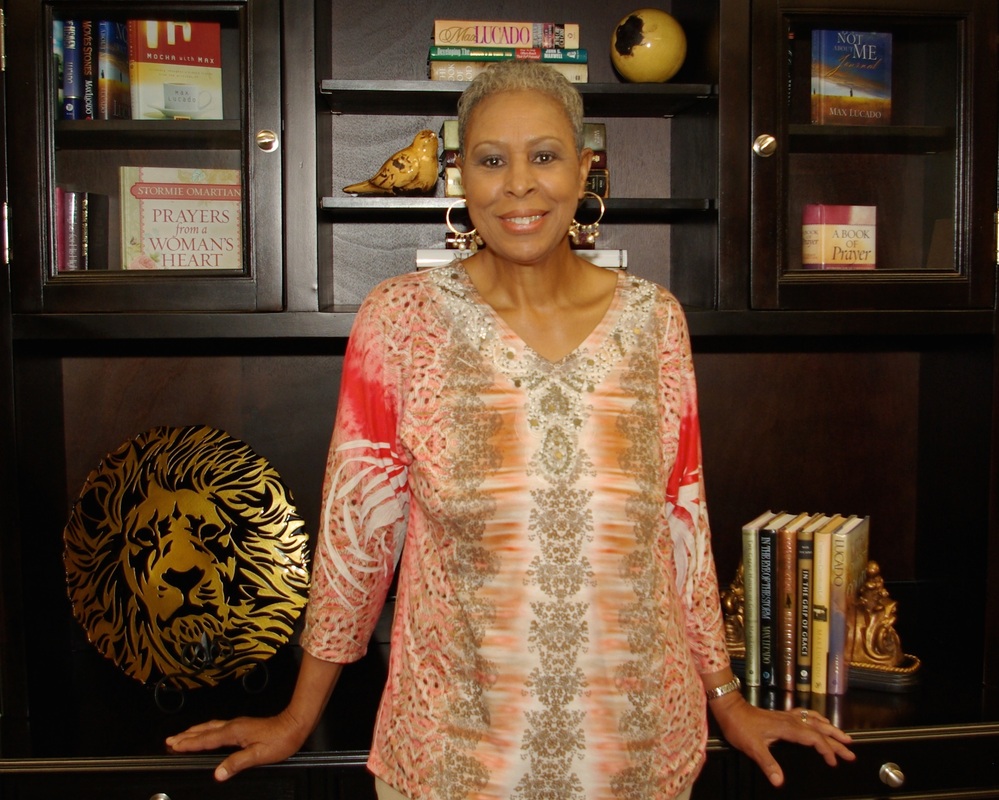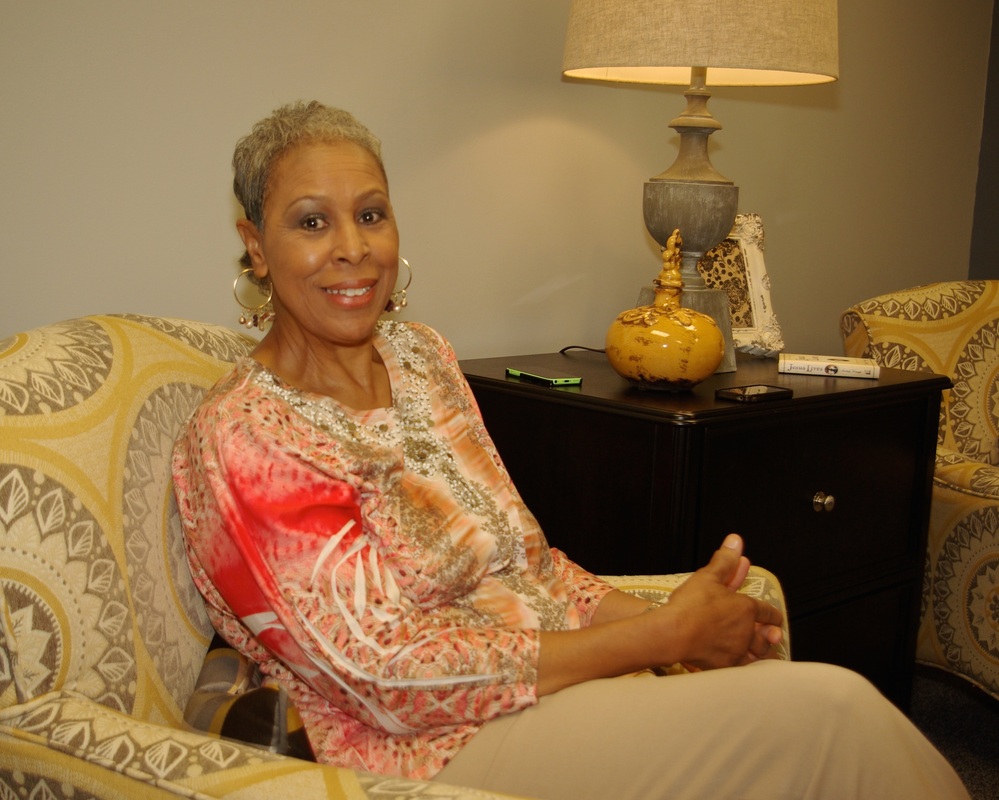“I am the youngest of eight children. When I was 4 years old, my father passed away. Two years later, my mother was diagnosed with tuberculosis. She was going to have to leave our family, because in those days TB patients had to be confined to sanatoriums, so she went to Mr. Luther Welch who owned the grocery store where we traded. He and his family lived above the store, which was one of only two white businesses in our Binghamton neighborhood. My father had worked for the railroad, but he was gone now and his retirement benefits had not yet been released, so my mama walked into Mr. Welch’s store and said to him, ‘I’m expecting you to take care of my family.’ She explained the situation. ‘It may take 6 weeks or 6 months before those benefits begin to come in,’ she told him. Mr. Welch didn’t know anything about my mama, other than that she traded with him and was a good woman, but he said, ‘Yes ma’am. As long as my family eats, your family will eat.’
“With Mama gone, my 18-year-old sister became the mother of our family. I have vivid memories of my sister driving us to the hospital on the weekends to stand outside and wave at my mother. Of course, no one was allowed to go into the hospital, certainly not young children, but my mom would blow us kisses from her window. She often said that those were some of the toughest days of her life.
“My mother told me many years later that Mr. Welch never one time said to my sister, ‘You haven’t paid, and you’re still getting things.’ He was always gracious, and then when my father’s benefits commenced, my sister paid the bill. He always brought us turnip greens and other vegetables from his garden, and we continued to trade with him over the years, At the end of the two years of confinement, my mother was able to return to the family.
"During our school years, my siblings’ and mine, Mr. Welch would buy all of our fund-raising items. He bought all the candy bars and those kinds of things and put them in his store to sell. I remember Mr. Welch owned the very first television in my neighborhood. I have fond memories of all of the neighborhood children standing before his showcase window, and he would turn the television around for people to look at it. We thought of the Welches as our family. They became very close to all the people in the neighborhood.
“In 1968, in the turbulent 60’s when Martin Luther King was killed in Memphis, there was burning and rioting all over the city and across the nation. Mr. Welch’s store was burned, he did not rebuild, and I lost contact with him.
“Much later, after I had graduated from college and had been teaching for Harding Academy for sixteen years, I transferred to the White Station campus. The first day I walked into my classroom, there was Luther Welch holding a big bag of vegetables and turnip greens! I had not seen him since I was in high school twenty years earlier. He said, ‘I heard that you were going to be teaching here, and I’m an elder at this church.’ All of those years, that was the connection between us. We were both Christians. We threw our arms around each other and the tears just started to flow.”
“With Mama gone, my 18-year-old sister became the mother of our family. I have vivid memories of my sister driving us to the hospital on the weekends to stand outside and wave at my mother. Of course, no one was allowed to go into the hospital, certainly not young children, but my mom would blow us kisses from her window. She often said that those were some of the toughest days of her life.
“My mother told me many years later that Mr. Welch never one time said to my sister, ‘You haven’t paid, and you’re still getting things.’ He was always gracious, and then when my father’s benefits commenced, my sister paid the bill. He always brought us turnip greens and other vegetables from his garden, and we continued to trade with him over the years, At the end of the two years of confinement, my mother was able to return to the family.
"During our school years, my siblings’ and mine, Mr. Welch would buy all of our fund-raising items. He bought all the candy bars and those kinds of things and put them in his store to sell. I remember Mr. Welch owned the very first television in my neighborhood. I have fond memories of all of the neighborhood children standing before his showcase window, and he would turn the television around for people to look at it. We thought of the Welches as our family. They became very close to all the people in the neighborhood.
“In 1968, in the turbulent 60’s when Martin Luther King was killed in Memphis, there was burning and rioting all over the city and across the nation. Mr. Welch’s store was burned, he did not rebuild, and I lost contact with him.
“Much later, after I had graduated from college and had been teaching for Harding Academy for sixteen years, I transferred to the White Station campus. The first day I walked into my classroom, there was Luther Welch holding a big bag of vegetables and turnip greens! I had not seen him since I was in high school twenty years earlier. He said, ‘I heard that you were going to be teaching here, and I’m an elder at this church.’ All of those years, that was the connection between us. We were both Christians. We threw our arms around each other and the tears just started to flow.”
Bonnie Jamerson is Head of Lower School at Harding Academy



 RSS Feed
RSS Feed